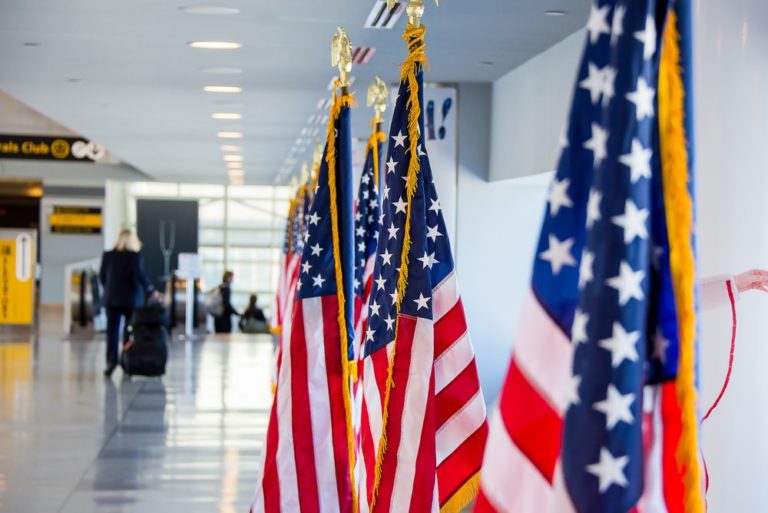Key Takeaways:
- A dark money network tied to George Soros and USAID has been uncovered.
- This network allegedly hides money flows to influence politics and policies.
- The exposure reveals how powerful groups secretly fund operations worldwide.
- Critics warn of potential dangers to democratic processes.
On February 27, 2025, shocking revelations emerged about a shadowy network funneling money to influence global politics. This network, linked to billionaire George Soros and the U.S. Agency for International Development (USAID), has raised eyebrows worldwide. Here’s what you need to know.
What’s the Big Deal About Dark Money?
Dark money refers to funds raised and spent to influence elections, policies, or public opinion without disclosing the source. It’s like a secret piggy bank used by powerful groups to push their agendas.
This latest expose reveals that some of this dark money is connected to George Soros, a famous philanthropist, and USAID, a U.S. government agency meant to help developing countries. The way these funds are used has sparked concerns about transparency and fairness in global politics.
How Does USAID Fit Into This?
USAID is known for providing aid to countries in need. But according to recent findings, some of its funds might have been diverted to support political activities instead of purely humanitarian efforts.
Imagine sending money to help people in a poor country, only to find out it’s being used to sway their elections. That’s what critics are worried about. They say this blurs the line between charity and politics, undermining trust in aid organizations.
What’s George Soros’ Role Here?
George Soros is no stranger to controversy. He’s a billionaire who supports causes like democracy and human rights through his network of organizations. However, his critics accuse him of using his wealth to influence politics in ways that benefit his own interests.
The recent revelations suggest that Soros-linked groups might have received funds from dark money networks, which could have been used to shape public opinion and political outcomes. While Soros supporters argue his intentions are good, others fear this kind of influence undermines democratic systems.
Why Should You Care?
Even if you’re not a politics junkie, this story matters. Dark money can affect everything from how your country is governed to how foreign aid is used. If powerful groups can secretly influence decisions, it can lead to policies that don’t reflect what ordinary people want.
For example, imagine your government passes a law that benefits a foreign country more than your own. If dark money played a role in that decision, it’s a problem for democracy.
What’s Happening Now?
The exposure of these ties has sparked heated debates. Some people are calling for stricter laws to track money flows and make fundraising more transparent. Others argue that this kind of scrutiny could hurt legitimate charitable work.
Meanwhile, investigations are underway to uncover more details about how these funds were used. If the allegations are true, it could lead to major reforms in how money is raised and spent for political purposes.
What’s Next?
As more information comes to light, the public will have a better understanding of how dark money operates. But for now, one thing is clear: the way money influences politics needs more transparency.
Whether you agree with George Soros’ goals or not, most people can agree that hiding money sources to sway politics isn’t fair. The question now is, will governments take action to stop it?
Call to Action
What do you think about dark money and its influence on politics? Should there be stricter rules to ensure transparency? Let us know your thoughts in the comments below!
Stay tuned for more updates on this developing story, and keep an eye out for ways you can demand more accountability from those in power.
This story is still unfolding, but one thing is certain: the fight for transparency in politics is more important than ever. By staying informed and speaking out, you can help ensure that money doesn’t silence the voices that matter most—yours.










